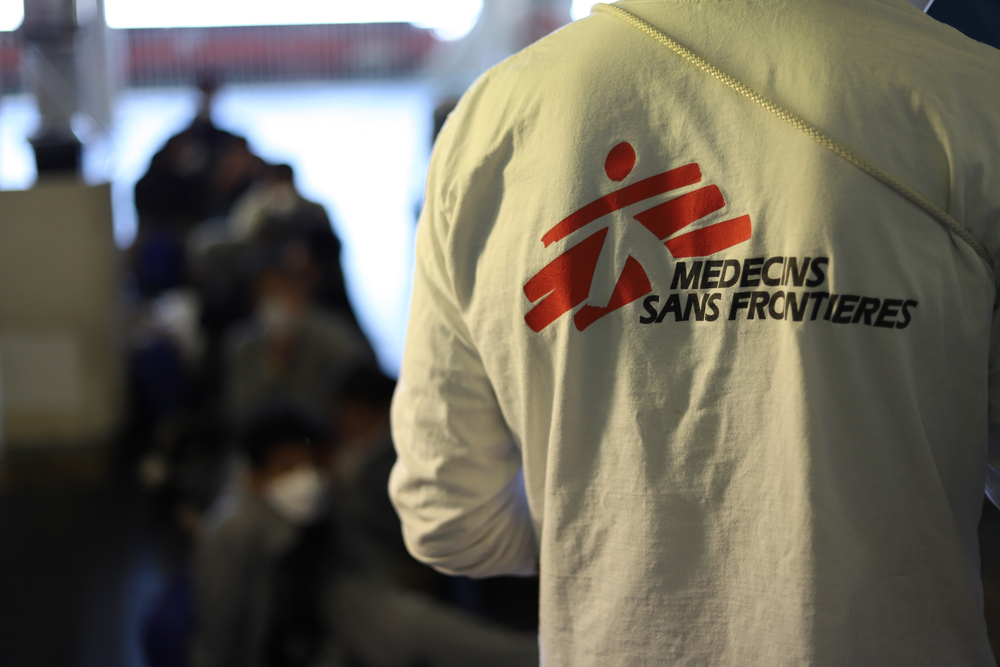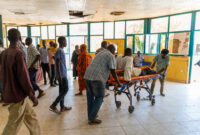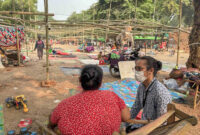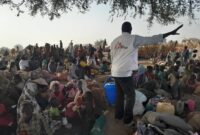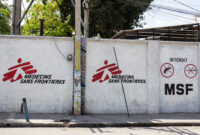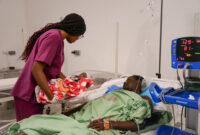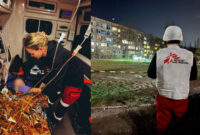Italy: MSF providing support to survivors of the Crotone shipwreck
A team from Doctors Without Borders/Médecins Sans Frontières (MSF) is offering psychological support to the survivors of a shipwreck that killed at least 62 people, including 12 children, a few hundred meters from Steccato di Cutro, southern Italy, on Feb. 26. About 180 people, mostly from Afghanistan, Iran and Pakistan, were travelling on a wooden fishing boat that had left Türkiye four to five days earlier.
According to reports, the entire group fell into the water about 150 metres from the shore, most likely after the wooden boat hit rocks on the coast of eastern Calabria in bad weather. The body of one person was found tens of kilometres away, due to strong currents.
At least 20 survivors, including one person in need of intensive care, were hospitalised in a local public hospital. There are now about 60 survivors in the asylum seeker reception centre in Crotone, the majority of them Afghans.
“[The survivors] are heavily traumatised. Everyone has lost someone” says Mara Eliana Tunno, MSF psychologist. “There is a 16-year-old boy from Afghanistan who lost his sister. He didn’t have the courage to tell his parents. They had run away [to help her]. As a woman, her brother told us, she thought she no longer had a future in her country”.
MSF teams have provided psychological support to around 60 people and will continue to assist in the next days, in agreement with the Italian authorities. Among the accounts from survivors heard by our teams, there are minors who have lost their parents and family members. A 12 year old boy lost his entire family, while a 17 year old child who was hospitalised lost his parents. There is another boy who spoke of losing his six year old brother to hypothermia four hours after the shipwreck.
While most deaths at sea still occur along the central Mediterranean route between Libya and Italy, where MSF operates the rescue vessel Geo Barents, in recent months MSF teams have observed an increase in the number of people making the dangerous crossing from Türkiye to Southern Italy. On Feb. 23, the Geo Barents was unfairly detained and fined by the Italian government. Even though this measure directly targets MSF, the real price will be paid by those fleeing across the central Mediterranean, who will be left without assistance.
“This tragic shipwreck is a painful reminder that restrictive migration policies will not stop desperate people from fleeing. People will continue to risk their lives as they often have no other option” says Sergio Di Dato, MSF project leader. “The Italian and EU governments must stop criminalising migration and humanitarian assistance. They must instead focus on providing adequate safe and legal channels to migrate and improved mechanisms to assist and protect people on the move.”
